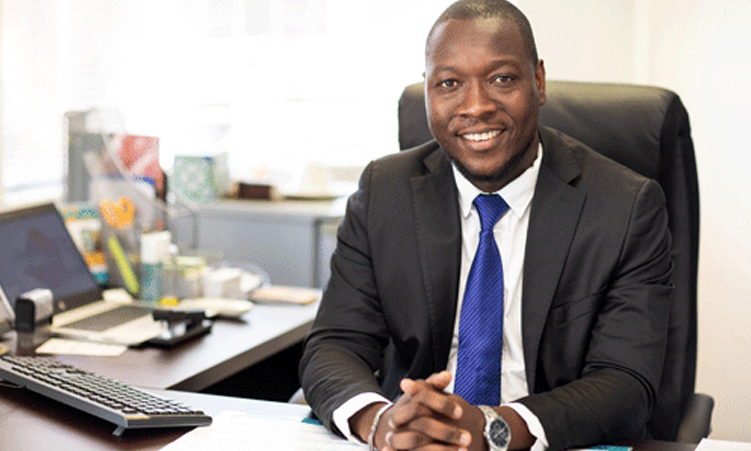JOHANNESBURG – Doing business in Africa is not for the faint-hearted and requires patience, good local staff and above all respect for the continent, bankers and executives say.
Speakers at last week’s Reuters Africa Investment Summit said that with Africa firmly on investor radars and seven Sub-Saharan African countries expected to be among the world’s ten fastest growing economies over the next five years, it cannot be ignored.’Africa’s time is now,’ said Jonathan Auerbach, co-founder and Managing Director of New York-based brokerage Auerbach Grayson, who has been doing business on the continent for 15 years.’The developments throughout Africa are quite extraordinary for those of us who have been traipsing around this patch.’Despite lucrative prospects for investment banks involved in transactions ranging from urban renewal projects in Kenya to project finance for a road construction project in Nigeria, bankers needed local contacts, knowledge and staff.’If you are going to briefcase in professionals from London, New York and other places, you are going to find it tough. If you are prepared to invest in local talent and train them on the ground, I think it is a lot different,’ said Clifford Sachs, CEO Africa for Rennaisance Capital.RenCap has representative offices in six African countries with experienced local staff on the ground, unlike bigger investment banks which typically fly in dealmakers – so-called ‘briefcase bankers’.Michael Larbie, Head, Investment Banking & Coverage, Africa, for South Africa’s Rand Merchant Bank, said the difficulty of striking a business deal varied from country to country and is often tied up in red tape.’You may encounter a project where there are multiple government departments and in some cases they are not all on the same page. So you are essentially the facilitator between the sponsor, various government ministries and the regulator,’ Larbie said.Sub-Saharan Africa is near the bottom of the World Bank and International Finance Corporation’s 2011 list of most business-friendly regions – with a ranking of 137 on a scale up to 183 compared to OECD countries with 30 and Eastern Europe and Central Asia with 72.The higher the ranking, the harder to do business.RMB’s Larbie said engagement with regulators in each country was essential for any transaction to be completed.’There are a lot of difficult projects, all of them have their uniqueness and their particular challenges but as a banker you have to be tenacious and see it through,’ Larbie added.Returns from investments can be astounding.Jacko Maree, Chief Executive Officer of Standard Bank – Africa’s biggest bank by assets – said his bank was pushing ahead with starting a bank from scratch in oil-rich Angola, currently the domain of local and Portuguese banks.- Nampa-Reuters
Stay informed with The Namibian – your source for credible journalism. Get in-depth reporting and opinions for
only N$85 a month. Invest in journalism, invest in democracy –
Subscribe Now!










